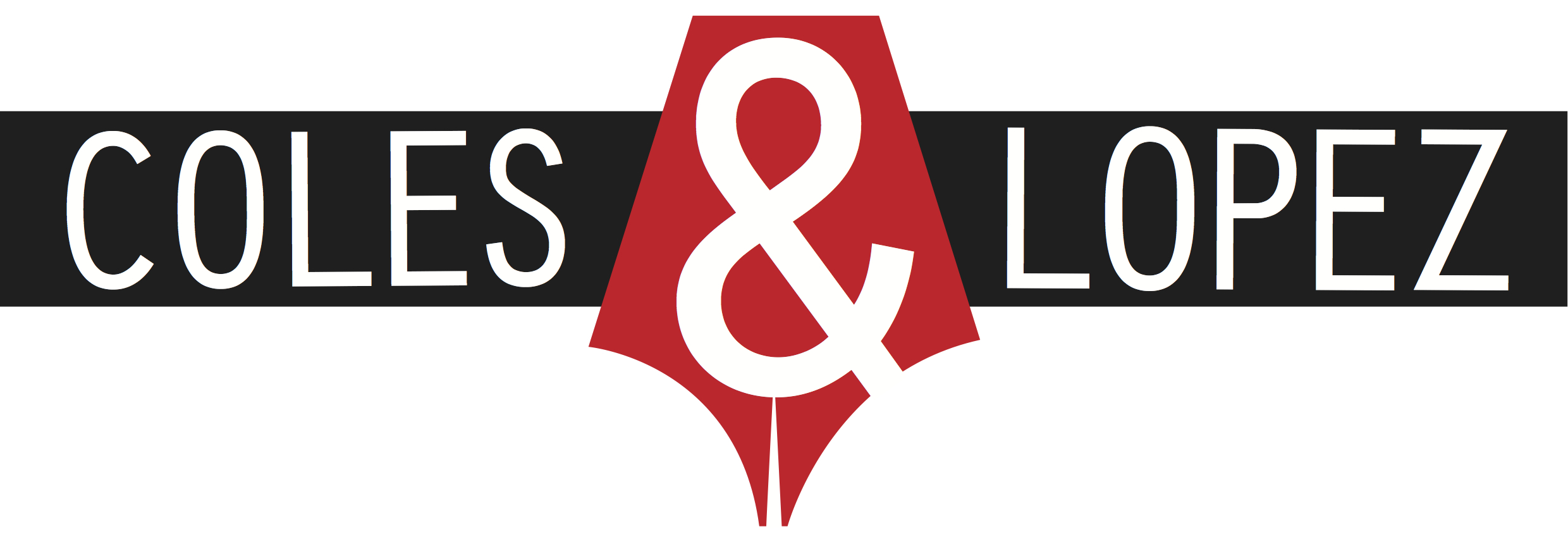The born(e) identity
I recently came across this mistake in a book I was editing:
His actions were borne out of necessity.
The word should be born, not borne. But it’s no wonder people get this one wrong, considering it is correct to use borne in sentences like this:
His hypothesis was borne out by research.
Why do we say born out of necessity but borne out by research? To answer that question, let’s first look at the verb to bear, meaning carry, endure, produce or support.
Born and borne are both past participles of bear. Once upon a time, they were used interchangeably. Now, though, borne is used in almost every context:
He had borne (carried) her words in mind ever since.
I have borne (endured) this pain for too long.
At last, our efforts have borne (produced) fruit.
His hypothesis was borne out (supported) by research.
There’s also an old-fashioned usage of bear to mean give birth:
Sarai, Abram’s wife, had borne him no children.
Beyoncé has borne Jay-Z three children. Their twins were born in June.
A grey area
Sometimes, it’s hard to tell whether borne or born is appropriate – after all, there’s a lot of overlap between production (Our efforts have borne fruit) and creation (A star is born!). The key is to remember that borne almost always appears in active constructions, where the subject is the doer of the action:
I (subject/doer of action) have borne (action) this pain (object/receiver of action) . . .
Born, on the other hand, is only used in passive constructions, where the subject is the receiver of the action:
I (subject/receiver of action) was born (action) . . .
Sentences with born never take an object – you can’t say I was born by my mum. Sentences with borne almost always take an object – something has borne something else.
In a nutshell
Use borne to mean carried, endured, produced or supported. Use born in the passive voice to refer to birth, either literally or figuratively.
These days, though, if we’re talking about birth, we’re much more likely to use the word born – and in a very specific way. In modern-day English, born is used in the passive voice to refer to birth either literally (I was born by the river) or figuratively (A star is born!). When we say born out of necessity (or, often, just born of necessity), we’re using the idea of birth to mean creation/causation: necessity caused his actions.

